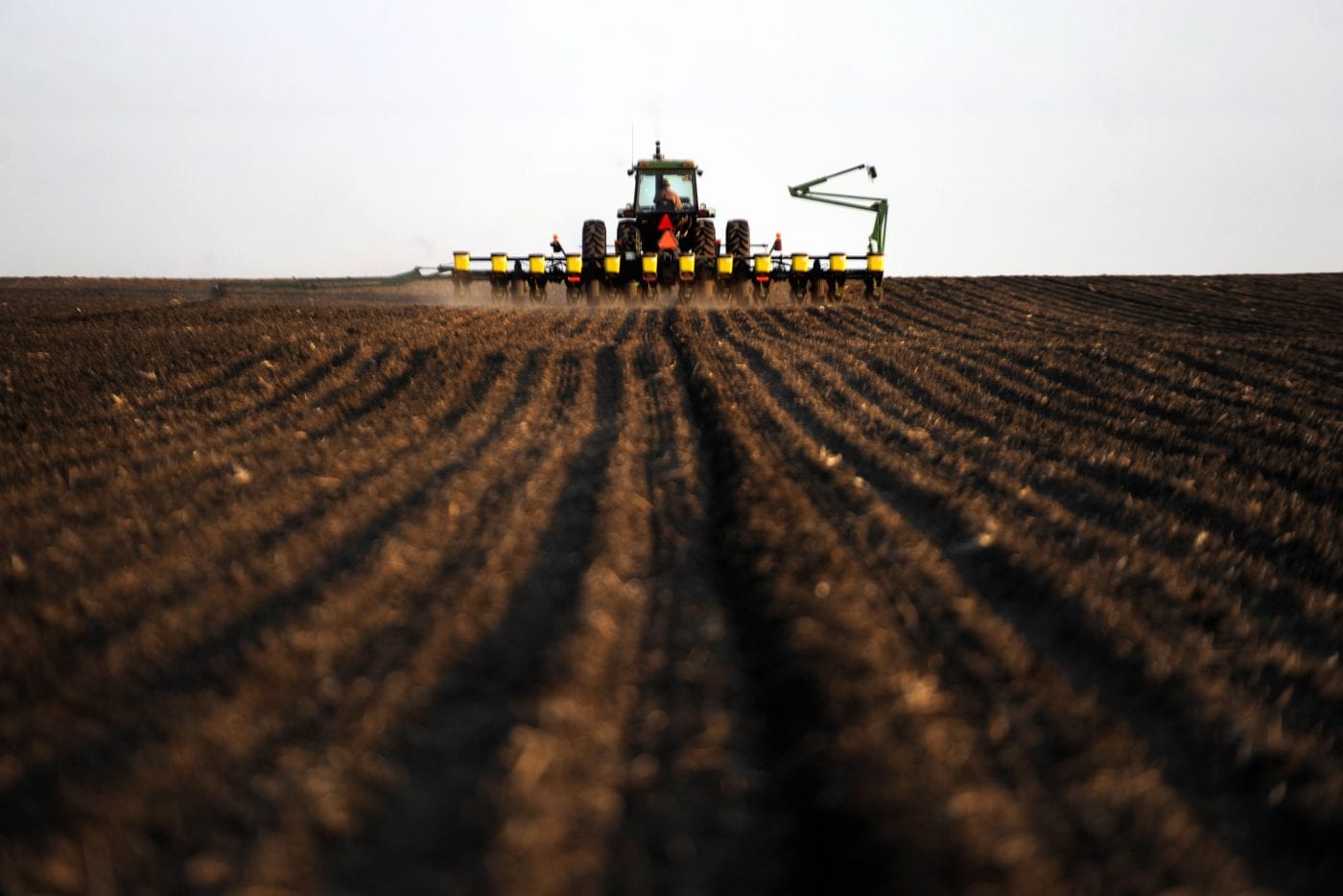In January 1865, when Union Gen. William T. Sherman issued an order to allocate 40 acres to each freedman, the black ministers who lobbied for the policy envisioned vibrant, self-governed black agrarian communities dotting the Southern countryside. Unfortunately, President Andrew Johnson’s revocation of this order later that year and the institution of the Jim Crow regime after reconstruction left rural black Americans to build their farming communities from scratch.1 It wouldn’t be the first time that the U.S. government worked to undermine black farmers—and it certainly won’t be the last.
Yet even in the face of broken promises, not to mention the violence and discrimination aimed at black Americans by white landowners and lenders, black farms secured a foothold in American agriculture. At the height of black farming in 1920, black farmers operated 925,710 farms, about one-seventh of all farm operations in the United States. As of 2012, black farmers make up less than 2 percent of all farmers.2
The impact of structural racism—or systematic discrimination by private and public institutions—over the course of U.S. history on the wealth of black families is staggering. Black households hold about 10 percent of the wealth of white households.3 These inequities reflect the lasting impact of slavery, as well as impacts of exclusion from government policy initiatives aimed at promoting economic opportunity.4 The most widely known example of this is redlining, a policy instituted by the Home Owners’ Loan Corporation in 1933 that declared that mortgages in black neighborhoods were too risky—thus denying black Americans the opportunity to build wealth during the 1950s middle-class boom.5 The U.S. Department of Agriculture (USDA) has a long and well-documented history of discrimination against black farmers.6 The unequal administration of government farm support programs, crucial to protecting farmers from an inherently risky enterprise, has had a profound impact on rural communities of color.
Source: Progressive Governance Can Turn the Tide for Black Farmers – Center for American Progress


